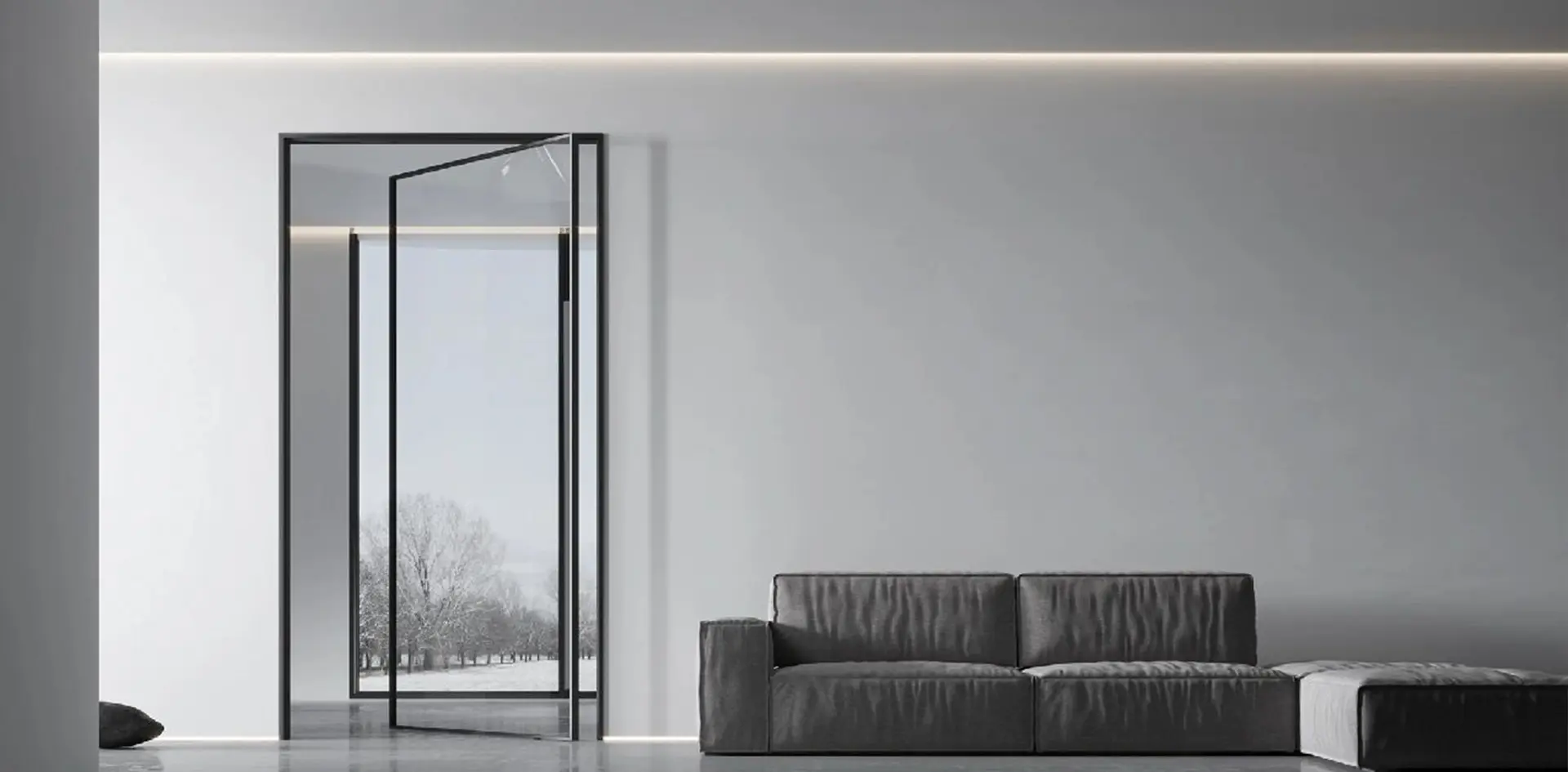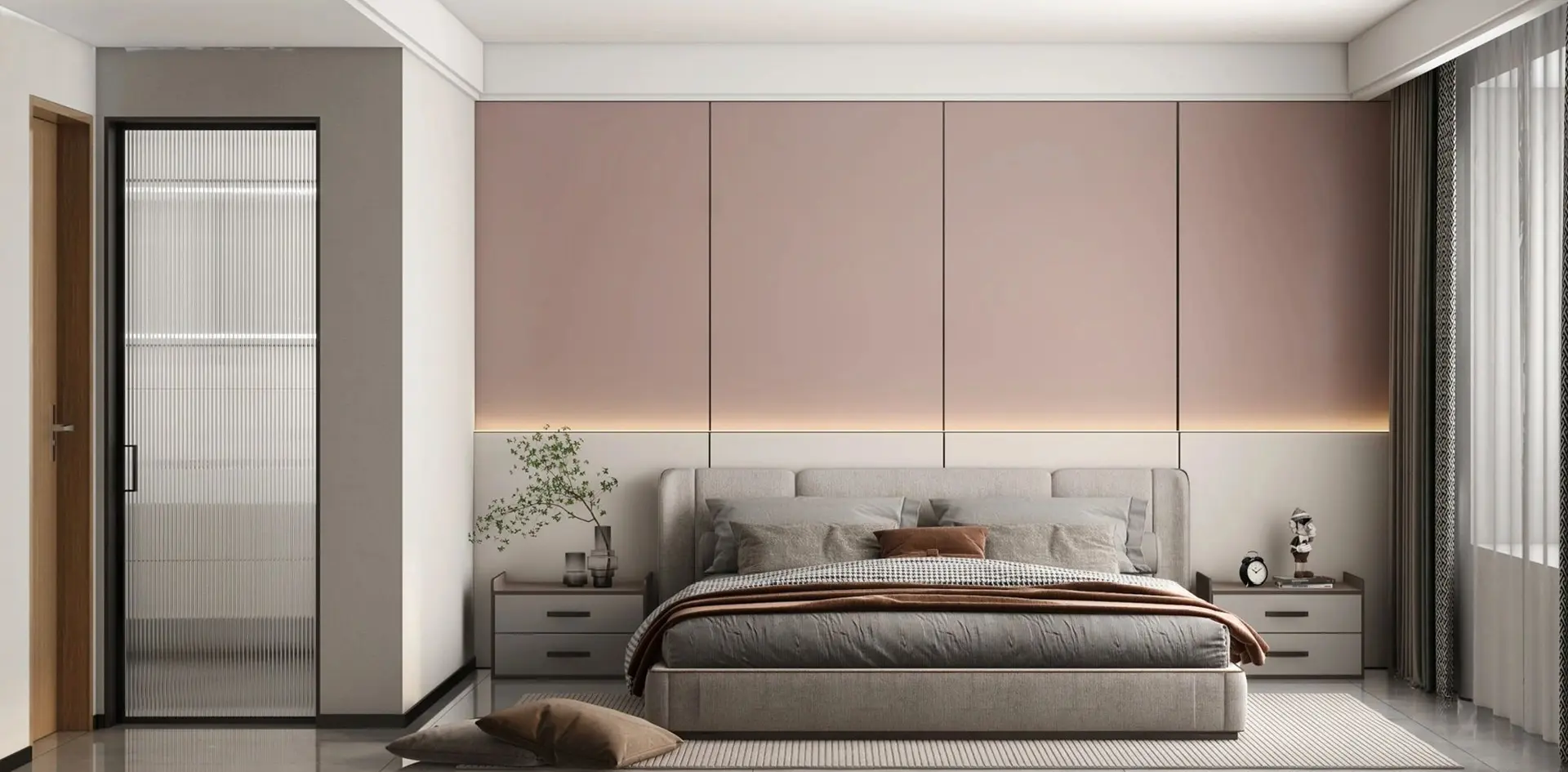
Understanding the Benefits of an Indoor Glass Door for Modern Spaces
In recent years, the architectural design landscape has witnessed a remarkable trend towards open concept spaces, with the incorporation of features that promote light and fluidity within interiors. One of the standout elements in this evolution is the Indoor Glass Door, which not only enhances aesthetics but also serves functional purposes in modern spaces. According to a recent report by the American Institute of Architects, over 70% of homeowners are prioritizing natural light in their interior design choices, positioning glass elements as key to achieving bright, airy environments. Furthermore, Indoor Glass Doors are gaining attention for their ability to seamlessly connect rooms while maintaining privacy, with studies indicating that spaces utilizing glass partitions report a 30% increase in perceived room size. As we delve deeper into the myriad benefits of Indoor Glass Doors, we will explore how they contribute to both the elegance and functionality of contemporary living spaces.
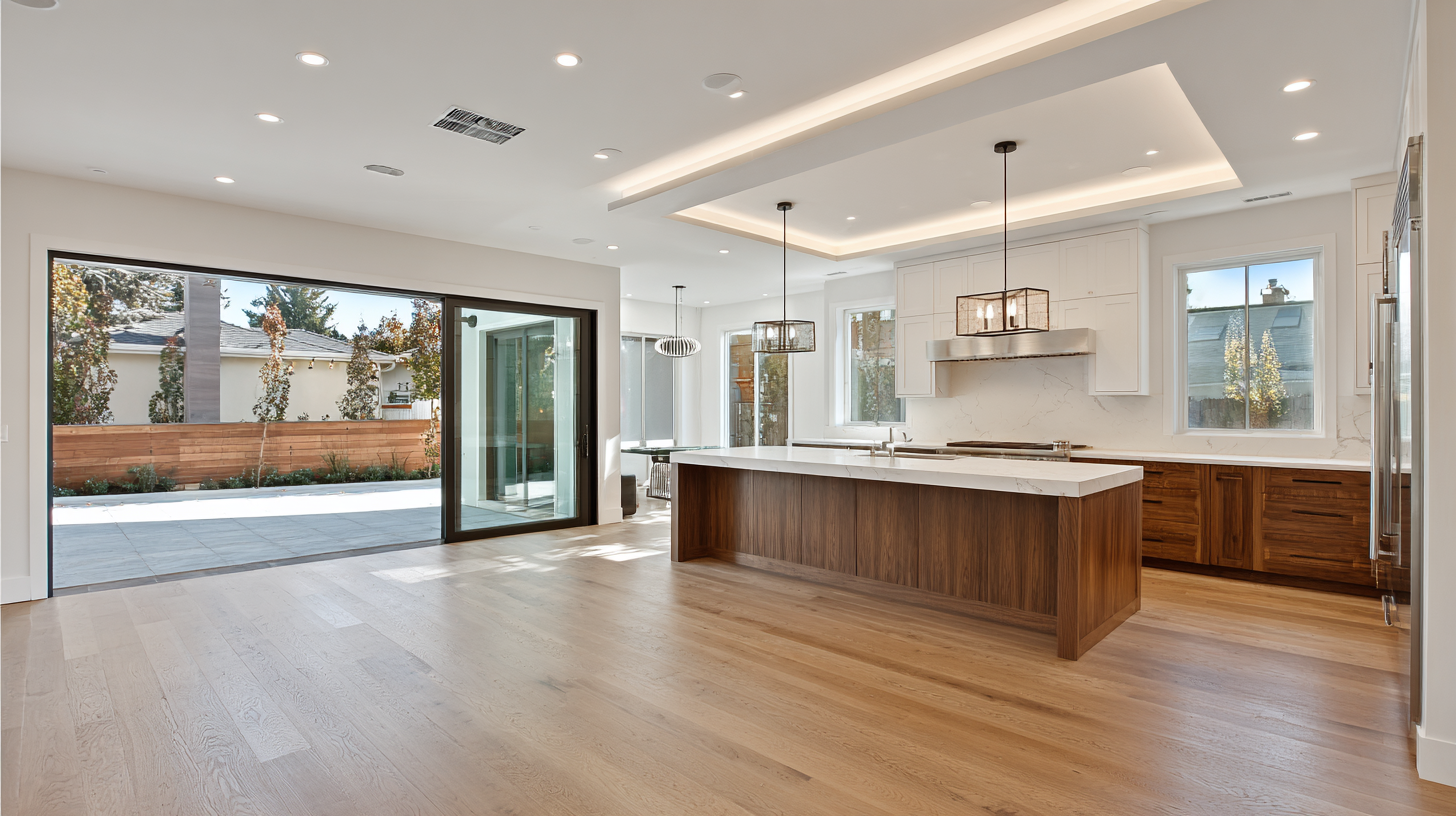
Key Features of Indoor Glass Doors for Modern Interiors
Indoor glass doors have increasingly become an essential feature in modern interiors, not just for their aesthetic appeal but also for their functionality. One of the key features of these doors is their ability to create seamless transitions between spaces while allowing natural light to flow throughout the home. This design element is pivotal for creating airy and open layouts, perfect for contemporary living.
When considering indoor glass doors, it’s important to pay attention to their materials and frame designs. Opt for sleek frames that complement your home's decor, whether it leans towards minimalism or a more eclectic style. Another tip is to choose doors with frosted glass for added privacy without sacrificing light. This is particularly useful in areas like home offices or bedrooms while keeping the space bright and inviting.
Additionally, incorporating sliding or folding mechanisms can maximize space efficiency, making them ideal for smaller areas. These functional aspects ensure that an indoor glass door isn’t just an accessory but a transformative element in your interior design. Consider using these doors to define spaces within an open floor plan, enhancing both functionality and style.
Advantages of Natural Light with Indoor Glass Doors
Indoor glass doors have become a popular choice in modern interior design, primarily due to their ability to enhance natural light in a space. By utilizing transparent materials, these doors allow sunlight to flow freely from one room to another, creating an airy and open atmosphere. This natural light is essential, as it not only brightens up the interior but also contributes to improved mood and productivity for those who inhabit the space.
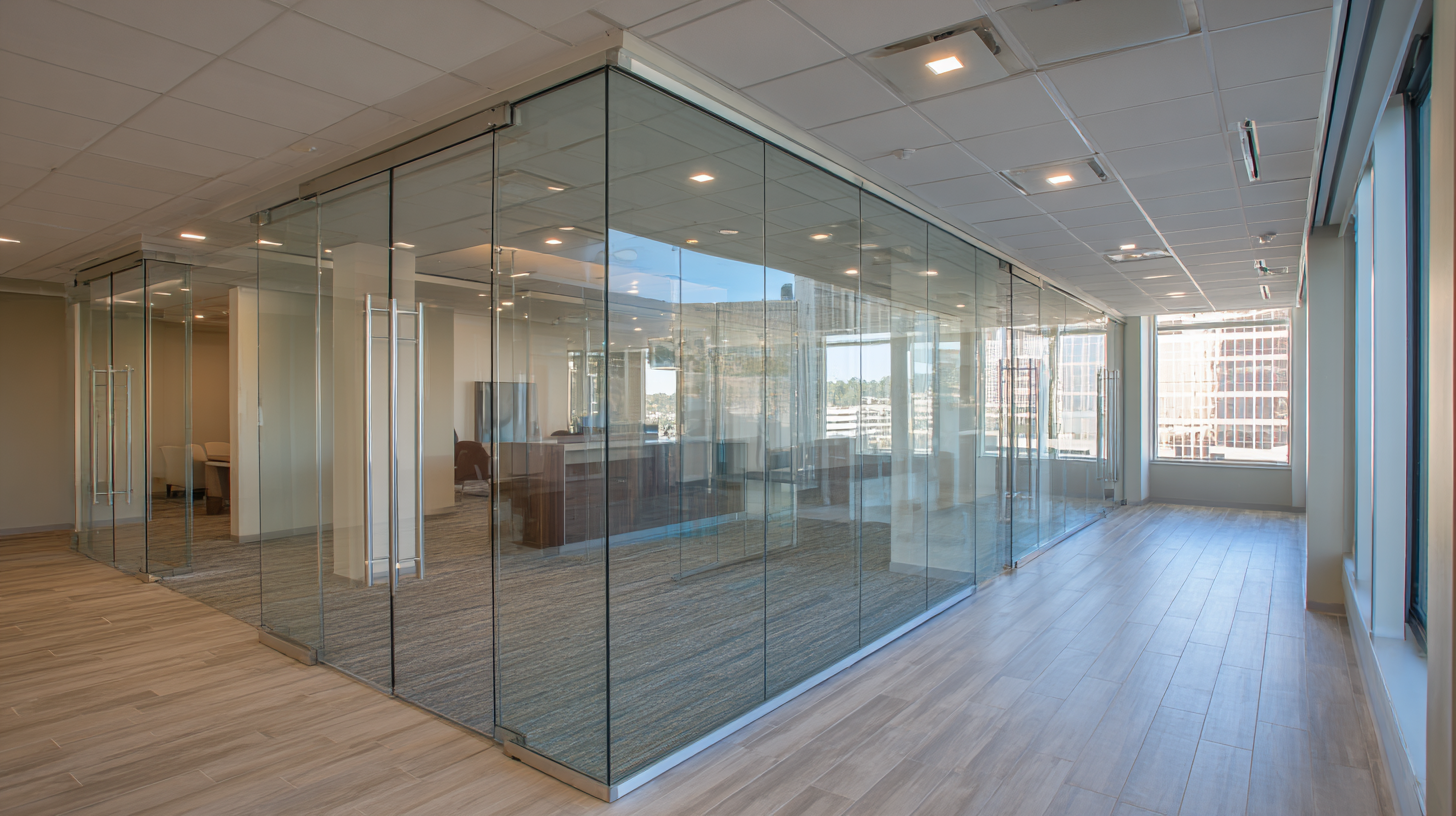
Furthermore, the use of indoor glass doors can effectively delineate areas without compromising the visual connectivity between them. For example, a home office can maintain a sense of separation while still benefiting from the light and energy of adjoining living spaces. This balance between privacy and openness is increasingly valued in contemporary design, where functionality meets aesthetic appeal. The elegant look of glass doors can elevate the overall ambiance of a home, making it feel more inviting and spacious.
Creating Open Spaces: How Glass Doors Enhance Flow
In modern architectural design, the integration of glass doors has become increasingly popular, particularly for creating open spaces that enhance the flow of natural light and promote a sense of connectivity. According to a recent report by the National Association of Home Builders, over 60% of homeowners express a strong preference for open-concept living spaces, highlighting the trend towards maximizing light and flow in interior designs. Glass doors serve as an elegant solution, allowing light to traverse boundaries while visually expanding the area, effectively merging indoor and outdoor environments.
For those looking to implement glass doors in their homes, it is vital to consider the placement and style that will best enhance the existing layout. **Tip:** Choose sliding glass doors for smaller spaces, as they do not require additional swing space, allowing for smoother traffic flow. **Tip:** Consider frosted or textured glass options for areas requiring privacy, maintaining openness while offering the necessary separation. This thoughtful design approach can profoundly impact the overall ambiance of a space, creating a tranquil and inviting atmosphere that modern homeowners crave.
Understanding the Benefits of an Indoor Glass Door for Modern Spaces - Creating Open Spaces: How Glass Doors Enhance Flow
| Dimension | Description | Benefit |
|---|---|---|
| Light | Allows natural light to flow between rooms | Enhances the mood and makes spaces feel larger |
| Aesthetics | Sleek and modern design | Compliments modern decor styles |
| Acoustic Control | Reduces sound transmission | Increases privacy and tranquility |
| Space Optimization | Helps demarcate areas without closing off | Maximizes usability of available space |
| Maintenance | Easy to clean and maintain | Saves time and effort in upkeep |
| Versatility | Available in various styles and sizes | Suitable for different design needs |
Design Considerations for Choosing the Right Glass Door
When selecting the right indoor glass door for modern spaces, several design considerations come into play. First, the material of the glass is crucial. According to a 2022 report by the Glass Association, tempered glass is recommended for its durability and safety features, as it is less likely to shatter compared to standard glass. This makes it an ideal choice for high-traffic areas, ensuring longevity while maintaining aesthetic appeal.
Another important factor is the door style, which can significantly impact the overall vibe of a space. A recent survey by the National Association of Home Builders revealed that 62% of homeowners prefer sliding glass doors for their contemporary look and space-saving benefits. Additionally, the choice of frame—whether aluminum, wood, or a frameless design—can influence both aesthetics and functionality. Opting for thermal-framed glass can enhance insulation, creating a comfortable environment while minimizing energy costs, an essential aspect for energy-efficient homes according to the U.S. Department of Energy. By carefully considering these elements, homeowners can select the perfect glass door that complements their modern interiors while maximizing practicality.
Maintenance Tips for Keeping Glass Doors Pristine in Your Home
Maintaining the pristine condition of indoor glass doors is essential for enhancing their aesthetic appeal and functionality. According to a report by the Home Improvement Research Institute, glass doors, when properly maintained, can last significantly longer—up to 20 years or more—compared to other materials, which can deteriorate more quickly under regular use. To achieve this longevity, regular cleaning with a non-abrasive glass cleaner and a microfiber cloth is crucial. This method not only prevents scratches but also removes residue that can accumulate over time, ensuring that natural light continues to flow unobstructed.
In addition to regular cleaning, homeowners should be aware of the importance of routine inspections for seals and frames to prevent moisture ingress, which can lead to fogging between glass panes. The National Glass Association highlights that around 30% of homeowners encounter issues related to seal failure within 15 years of installation. By checking for signs of wear and tear, such as cracks or loose fittings, and addressing them promptly, homeowners can maintain both the beauty and energy efficiency of their glass doors. Implementing these maintenance tips will ensure that indoor glass doors remain a stunning focal point in modern spaces for years to come.
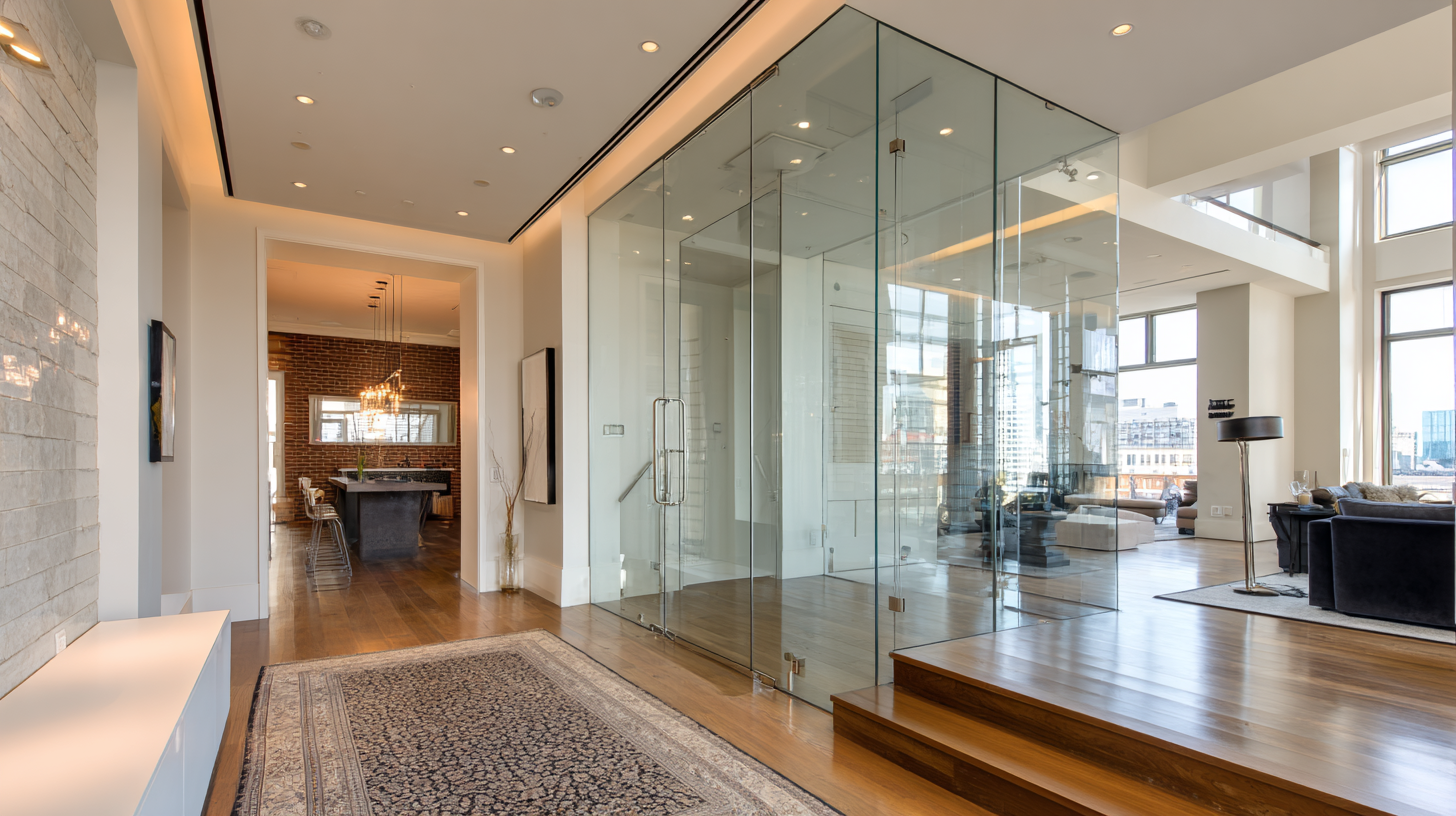
Related Posts
-
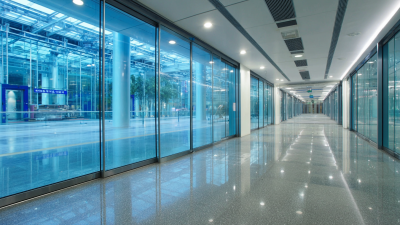
Comprehensive Technical Specifications of the Ultimate Lockable Sliding Door Solutions
-

The Future of Secure and Stylish Living with Lockable Sliding Doors
-
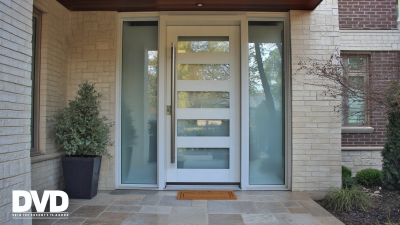
How to Choose the Best Modern Front Door for Your Home to Enhance Security and Curb Appeal
-

Unlocking the Advantages of Door Flush Doors for Modern Interiors
-
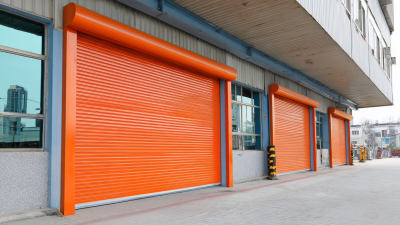
Solutions for Effective Best Roll Doors in Industrial Settings
-

Exploring the Future of Double Front Doors with Innovative Designs and Sustainable Materials



